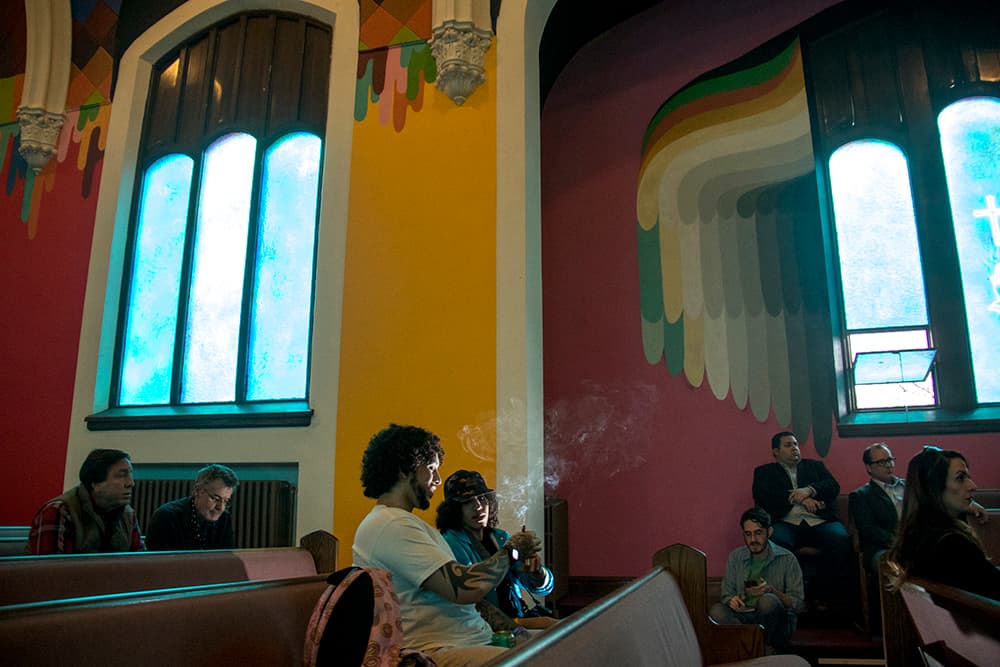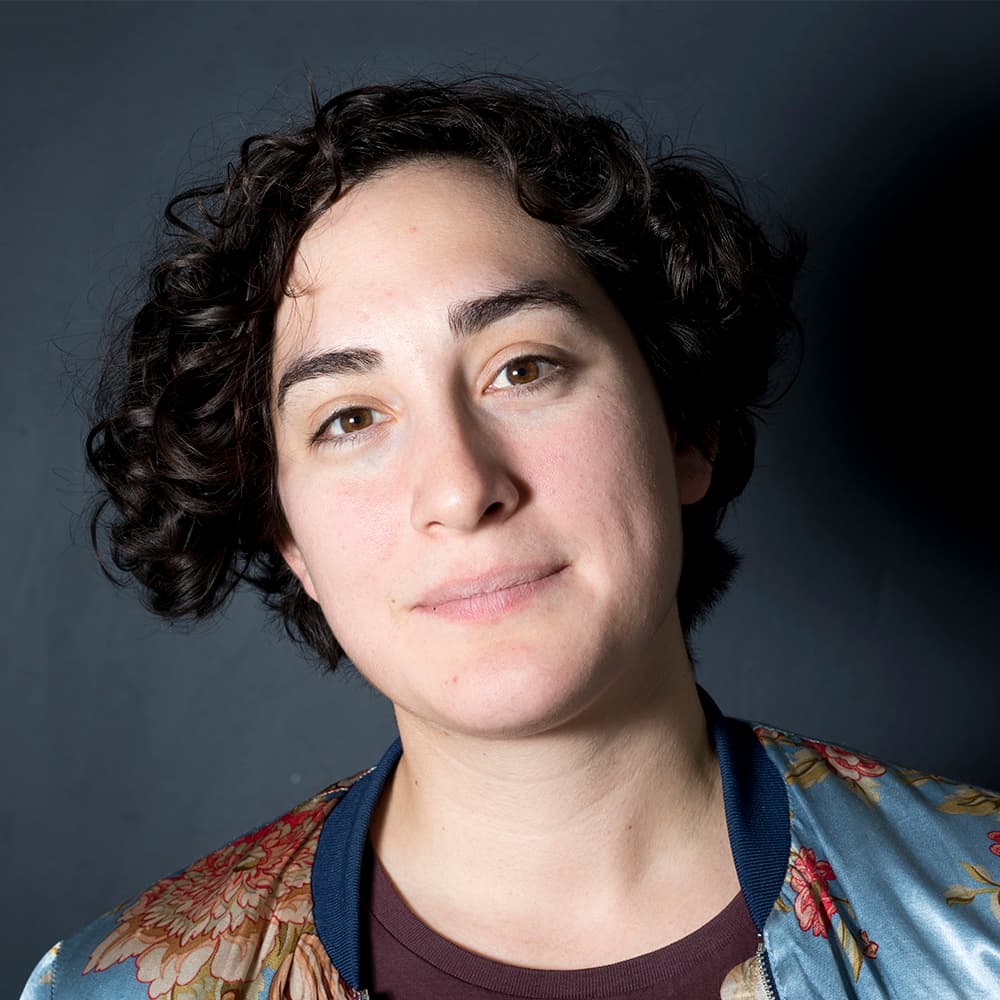
When Denver's new cannabis church, Elevation Ministries, opened its doors last week, lawyer Rob Corry saw another opening for other marijuana aficionados.
"I've got 15 [pot] clubs down in Colorado Springs and they're being persecuted by the city and they're looking to move to Denver and this religious, faith-based model seems to work. Denver appears to accept it," said Corry, who is not affiliated with Elevation Ministries.
Corry said public statements in the press suggest that the city allowed Elevation Ministries to have marijuana consumption at its grand opening because of the member-only nature of the event, rather than the group's religious status.
"It would be very serious if Denver were to say that you have to be religious, because then that's discrimination in favor of religion," Corry said. "I do have a couple of Rastafarian clubs, which actually is a recognized religion, unlike this one that appears to be made up for this purpose."
The city says yes, they did meet with Elevation Ministries.
Denver Excise and License spokesman Dan Rowland confirmed that the city, including a city attorney, did meet with Elevation Ministries before their opening.
"The meeting takeaway was that we advised them to make sure that any events that they are doing there in the church are held to be strictly private, and that's where the rubber hits the road on all of this," Rowland said.
This is not a departure from previous policy either, Rowland said. There have been successful private events in the past.
"It is truly a case-by-case basis, there's no model that one can simply adopt," he said. "If the event is very easily accessible to the general public, then it is likely not a strictly private event, and that's kind of where things are and where they have been for quite a while."
Corry maintains that this is a departure from previous policy, pointing to the shutdown of Club Potus, a client of his, and also a 2014 event planned at the Colorado Symphony.
"Government cannot occur on a case-by-case basis. In other words, Denver does not get to make up its own standards as it goes along and shut an identically situated club down while leaving another functioning," he said.
Furthermore, Elevation Ministries offers a more favorable path to pot clubs than Initiative 300, the voter-approved measure to allow existing businesses to apply for licenses to allow consumption on the premises, as far as Corry is concerned.
"I-300 is the smallest baby step of baby steps. It really doesn't do anything over and above what Amendment 64 already does. So it was really unnecessary," he said.
As for the church: Elevationist Steve Berke says that they didn't plan to open the door for pot clubs.
"If we set a precedent ... that was an accident because we certainly believe that we are not a cannabis club," he said. "We are a place of worship and spirituality. That's who we are."
Corry and his clients have filed an open records request to learn more about what Denver might have said to the church before it came to town.
And they are serious: "[My clients] have locations, membership, cannabis, the desire to open, the means to do so. I think they're very serious, but they're not going to open without some guidance, so that's why I want [all city communications with] this church and that constitutes guidance," Corry said.












